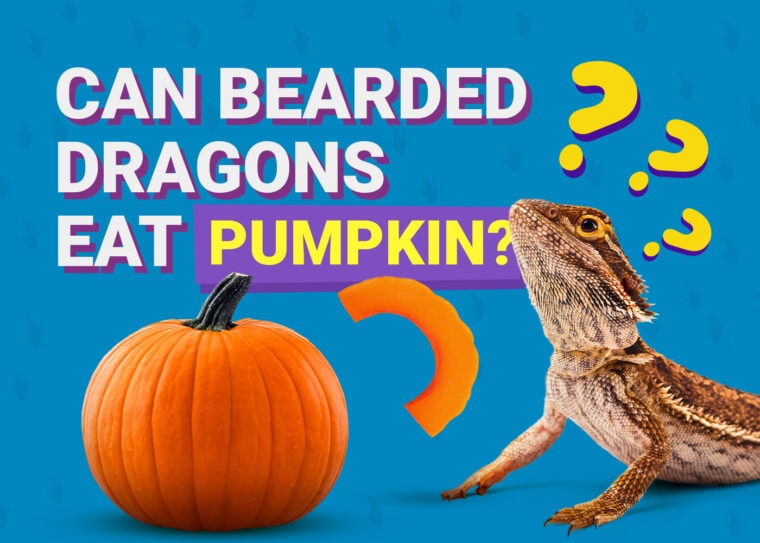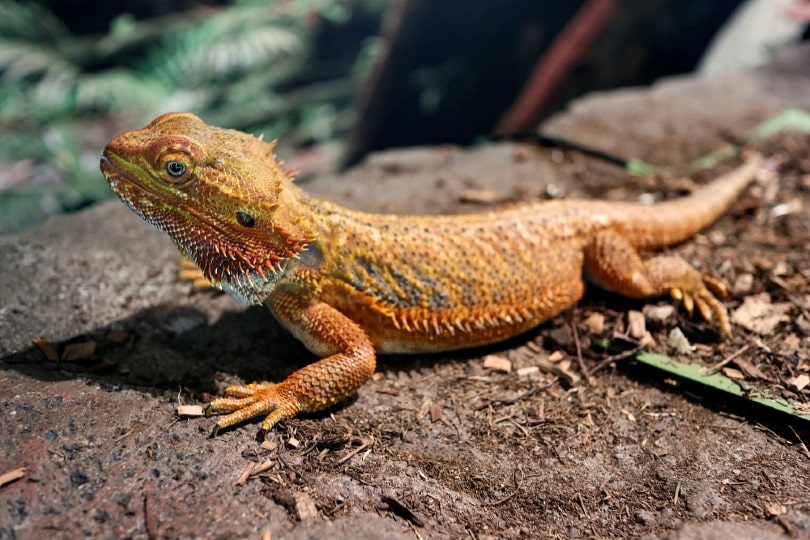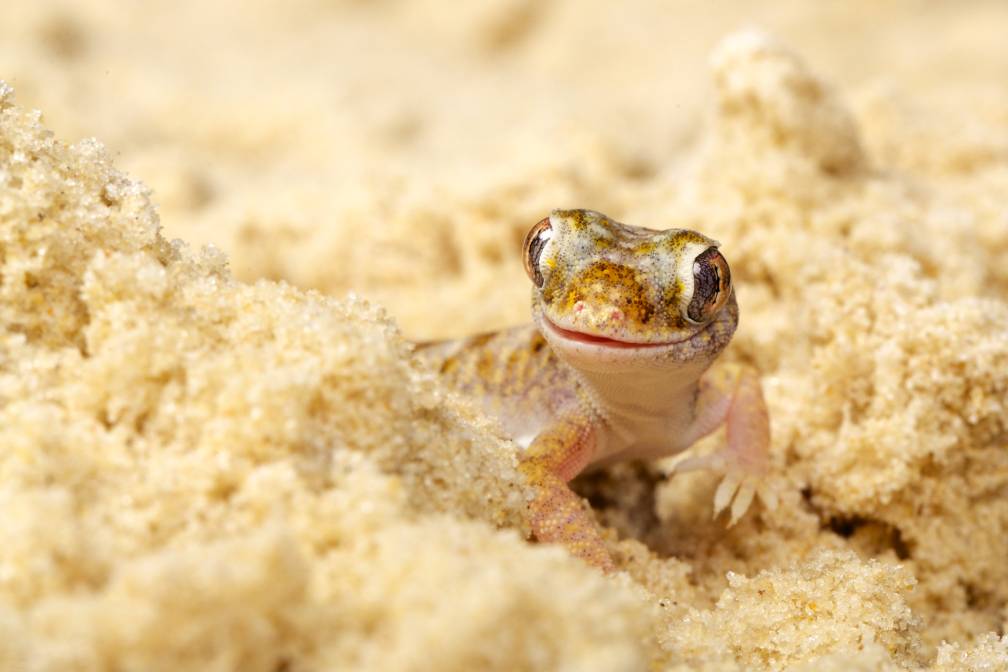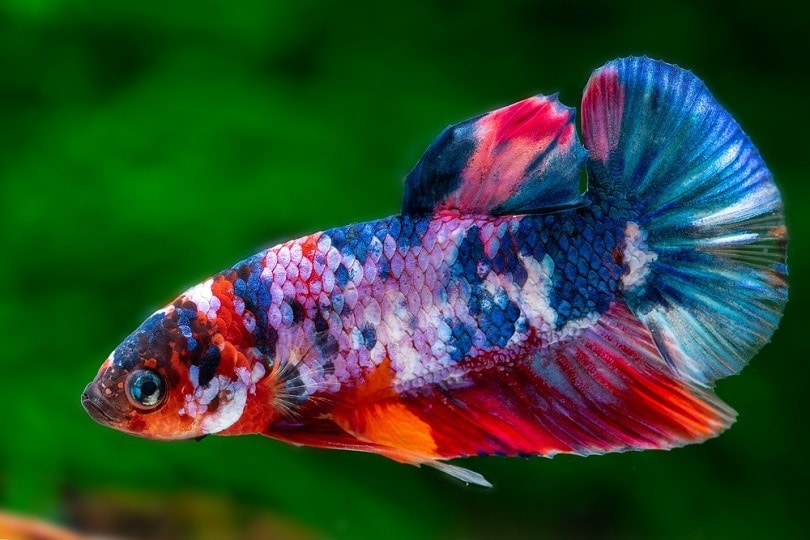
There are foods that are a part of your regular diet that you can share with your bearded dragon, and many human foods may even be a great source of essential vitamins and nutrients. It’s always a good idea to research beforehand, though, as there are many common human foods that your beardie should definitely not consume.
If you have a pumpkin around the home, you may be wondering if it is safe to share a piece with your beardie. But can bearded dragons eat pumpkin? Is pumpkin safe for them? In small amounts, pumpkin is non-toxic for dragons and safe for them to eat. However, there are not many nutritional benefits to giving pumpkin to your beardie. There are other potential concerns too.
In this article, we look at the benefits of giving pumpkin to your bearded dragon, as well as hazards to watch out for. Let’s get started!
Potential Benefits of Feeding Pumpkin to Your Bearded Dragon
Both cooked and raw pumpkin is a great snack to give to your beardie on occasion, but raw pumpkin has the most nutritional value1.
Aside from its water content, pumpkin doesn’t have much going for it in terms of nutritional value. Though it does offer some fiber, the amount available is quite low, especially considering how the data above is for a relatively large serving. It’s unrealistic to expect your bearded dragon to get their fiber from eating pumpkin.
The best nutritional benefit of pumpkin is their high amounts of vitamin A. Though some vitamin A is lost when pumpkin is cooked, it is still considerably higher than many other vegetables.

Risks of Feeding Pumpkin to Your Bearded Dragon
While there are nutritional benefits to giving pumpkin to your beardie, there are risks too.
Calcium to Phosphorus Ratio
The main concern is the calcium-to-phosphorus ratio in pumpkins. In general, bearded dragons require a 2:1 calcium-to-phosphorus ratio, and pumpkins have the opposite. The ratio of calcium to phosphorus in pumpkin is around 1:2. Such a ratio is undesirable for the long-term health of a bearded dragon. Phosphorus balance in the body requires that it be in the correct proportion with calcium. It binds to calcium, so when a bearded dragon is fed high amounts of phosphorus, their body responds by pulling calcium out from the bones to restore the proper levels of minerals and reduce the excess phosphorus in the bloodstream. Over time, the loss of calcium from bone mass can make the bones brittle and weak, leading to a condition called metabolic bone disease.
In addition, an inappropriate ratio of calcium to phosphorus is undesirable for the long-term health of a bearded dragon because it may predispose them to kidney or parathyroid issues. Therefore, pumpkin should be offered very sparingly to your bearded dragon.
Pumpkin Seeds Have Oxalates
When fed with seeds, pumpkins pose an oxalate risk. Pumpkin seeds are exceptionally high in oxalates, also sometimes referred to as oxalic acid. Oxalates bind with calcium within the body and prevent its use. They may also predispose a bearded dragon to kidney stones, which require medical attention. One cup of cooked pumpkin seeds contains about 17 mg of oxalates.
Oxalates are undesirable in a bearded dragon’s diet, and while most plants do naturally contain some oxalates, the amount present in pumpkin seeds is considerably high. This, coupled with the inherent low calcium content of pumpkin flesh, means that bearded dragons should not be offered pumpkin seeds.

Conclusion
In small amounts on occasion, pumpkin is a non-toxic and generally safe snack to give your bearded dragon. However, due to pumpkin’s calcium-to-phosphorus ratio, it should definitely not be made a part of their regular diet.
While pumpkin has nutritional benefits and is generally safe to feed to your beardie, there are other more nutritious, safer foods that contain the same nutritional benefits and more. This makes pumpkin a less-than-ideal food to add to their diet.
Featured Image Credit: Pixabay










